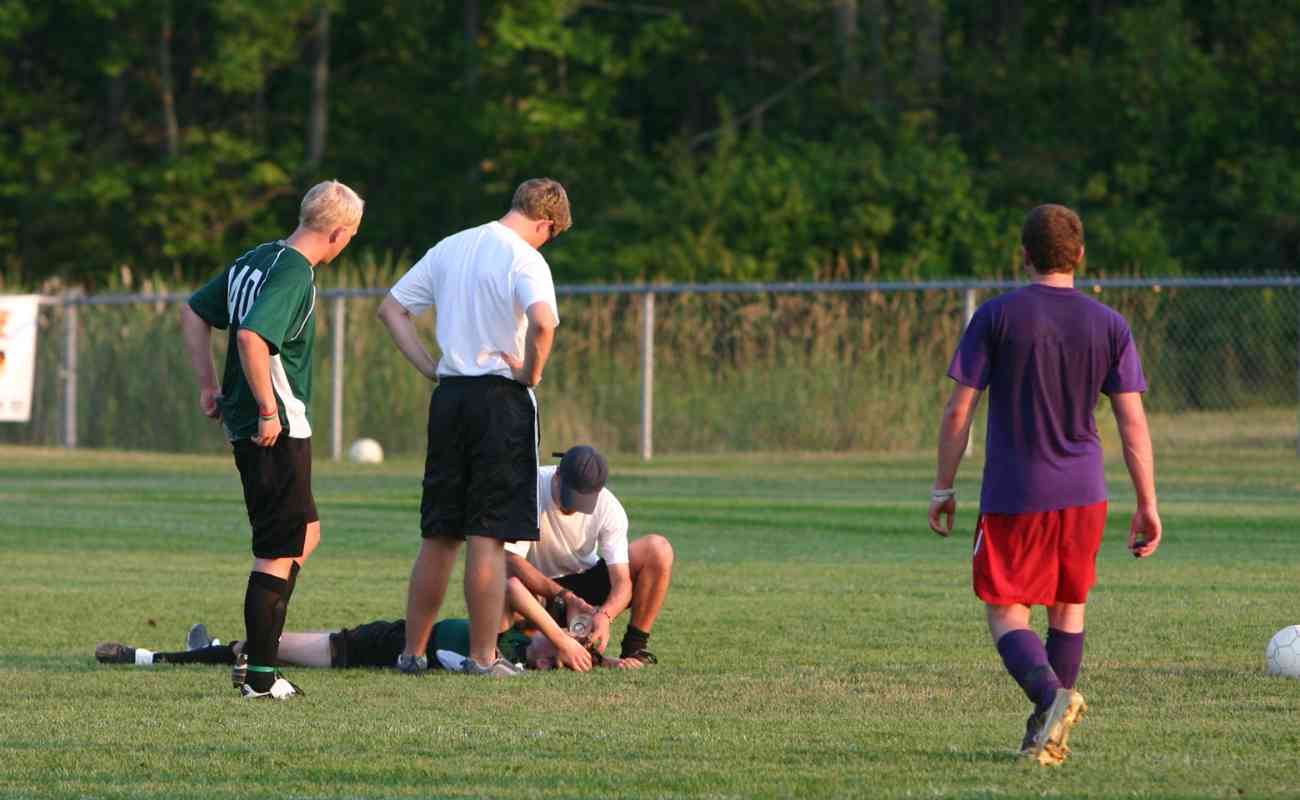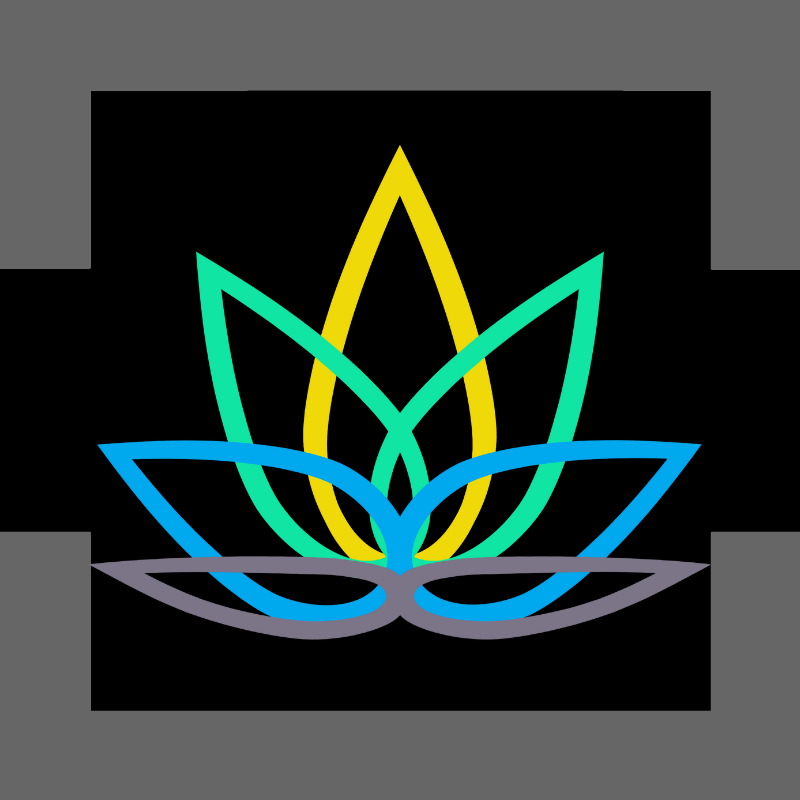
Concussion Management and baseline testing
Get comprehensive concussion management and baseline testing in Mississauga to ensure a safe and effective approach to sports-related head injuries. Following a concussion, the “sitting in a dark room” approach is only effective for so long (and in fact, research shows this practice has limited value beyond the first few days following the injury!).
Concussions, like any other physical injury, should be properly managed and rehabilitated. While physical and cognitive rest is the mainstay of acute concussion care, having a health professional guide you through this step-by-step may prove to be invaluable.
Recovering from a concussion can be a difficult and frustrating time understands that each patient is affected differently, and as such, requires individualized care.
Management approach
Management strategies are used to limit the amount of impairment as well as expedite recovery as much as possible. These strategies may include any one or a combination of the following and are case-dependent:
- Education around the injury, strategies for rest and recovery
- Instruction around home, work, or school activity restriction and accommodations
- Manual/physical therapy for associated complaints (neck pain, whiplash, etc.)
- Vestibular and oculomotor rehabilitation for dizziness, motion sensitivity and visual complaints
- Physical exertion testing and rehabilitation for return to an active lifestyle
For athletes and those participating in sport, it is recommended that a step-wise process of physical exertion testing be completed once the patient is free of symptoms. Similar to weight training, athletes recovering from a concussion should not skip to 100% exertion from 0% in a short time frame. Physical exertion testing is important not only for physical re-conditioning, but to guard against symptom relapse and help prevent premature return-to-sport.
Following a suspected concussion, visit your GP within 24-48 hours. Watch for rapid detoriation of symptoms, that might need you to see your GP sooner. If not generally having enough physical rest and refraining from activities such as watching TV, using phone, I-pad, reading from screen should be avoided. Visit Registered Physiotherapist in Mississauga to run an Impact testing.
Concussion Care Schedule an appointment to see your GP as soon as possible. It is not usually necessary to visit the ER unless your symptoms are severe and/or rapidly worsening.
During Initial 48-72 hours
Refraining from cognitive activities that demands attention and focus. Examples include watching TV, using phone, I-pad, laptops, reading from screen and tasks requiring cognitive demand should be avoided. You may need time off work or school in the early stages.
Also, refraining from high physically demanding activities (contact sports/gym) helps to recover from the injury.
Guidelines for Sleep regulation (Adapted from the Ontario Neurotrauma Foundation’s Guidelines for Concussion/Mild Traumatic Brain Injury & Persistent Symptoms, 2nd ed., Sep 2013.)
Sleep and Wake Schedule
1. Set a fixed bedtime (same bedtime everyday, even on weekends)
2. Set a fixed wake time (even on weekends, and regardless of the amount of sleep obtained)
3. Limit the amount of time spent awake while in bed. For e.g. if you sleep less than 85% of the time you spend in bed, decrease time spent in bed by 15-20 mins by either adjusting your bedtime or your wake time. Or, if you sleep more than 85% of the time you spend in bed and/or you constantly feel sleepy during the day, increase your sleep time by 15-20 mins by adjusting your bedtime or wake time).
4. Allow at least 1 hour before bedtime to unwind. Plan activities in this time that are quiet, relaxing, and help you “wind down”. For example, warm bath, listen to music (soft), audio book. Does not include stimulating activity such as computer work, studying, tablet/phone, etc.
5. Avoid daytime napping. After the first few days post-injury, napping can impair sleep quality and quantity at night. This can contribute to ongoing symptoms and sleep dysfunction. If napping is unavoidable, keep your nap under 30 minutes (1 per day) and before 3pm.
Sleep Environment
- Bedroom should be dark, cool, comfortable, and quiet (no sources of light/artificial noise in bedroom while sleeping. E.g. TV, bright alarm clock)
- Electronics should be turned off or in “sleep mode” (cell phones, tablets, computers). Ideally, avoid these activities in the bedroom altogether.
- Avoid using a bright digital alarm clock where possible (cell phone alarm preferable – sleep mode)
Why is baseline testing important?
There are no absolute diagnostic tests to diagnose severity of concussion. Therefore, athletes are recommended to undergo baseline test before the beginning of sport season. Baseline test results is a good reference point for most healthcare professionals. And that includes Physiotherapists, Physicians, Concussion Specialists, and Vision Therapist. In other words, those that are involved in athlete’s concussion rehabilitation. Baseline tests lets the Physiotherapist compare the preinjury cognitive and physical function to the results of post concussion baseline testing. It’s a great tool of information to know the severity of concussion and formulate objective treatment goals. This also helps determine a timeline for safe return to sports following concussion.
Components of Baseline testing
- Impact test (Immediate Post Concussion and Cognitive testing) is gold standard test to assess different functions of your brain pre-and post concussion. Its computer based test usually runs for about 30 minutes. It assesses the athlete’s ability to process information, memory retention, how quickly can you follow certain instructions/tasks. It’s the most scientifically validated test and recently got approved by FDA.
- Visual Coordination screening- Following concussion, functioning of visual system (eyes and occiput (part of brain that processes visual information) is greatly affected. Ability to visualize correctly or clarity of the vision is not affected. However, the ability of your eyes to move in synchrony is affected. This dysfunction usually leads to symptoms like dizziness, difficulty focussing, headache, dizziness. Screening visual system before sport season provides valuable information about functioning of the visual system and to treat any subtle deficits.
- Balance and Postural stability- Post concussive injury, both static and dynamic balance is affected. One might feel dizzy with standing, change in position or with certain movements. Agility in most sports need intact balance system to enhance performance.
Our Registered Physiotherapists at Curezone Physiotherapy Mississauga are trained to conduct baseline testing before the beginning of sports season and following concussive injury. Registered Physiotherapist at Mississauga are skilled to assess any deficits in your baseline testing and treat them. Visual coordination exercises (Eye muscle stretches, saccade training, VOR training with cognitive training) will be prescribed to help athletes with faster return to sports. Call our Registered Physiotherapist in Mississauga @ Curezone physiotherapy to assess the severity of your concussion. Your Physiotherapist will run a computer based neurocognitive test (Impact) that will assess functioning of brain in different domains.
Concussion Management and Therapy in Mississauga and Oakville:
Have you undergone a concussion from a sport activity or from an accident? Are you suffering from the after effects of a concussion? Particularly, pain in any part of your head? Did you suffer any fracture?
If you are looking for concussion treatment or concussion physiotherapy in Mississauga or Oakville, you have come to the right place! Your experts here work very hard to earn your trust as Your best concussion treatment center in Mississauga and Oakville. Your Mississauga and Oakville Concussion Therapy experts are highly trained and experienced in providing a range of treatments from Manual, Hands-on Therapy to using advanced devices to bring back balance and function. Curezone Physiotherapy’s clinics are equipped with advanced treatment to help with rehabilitation after a concussion.
We welcome you to click below to book an appointment with one of our expert physiotherapists.
Mississauga:
Physiotherapy Clinic Mississauga – Curezone Physiotherapy, Heartland Mississauga.
Physiotherapy Clinic Erin Mills – Curezone Physiotherapy, Erin Mills Mississauga.
Oakville:
Physiotherapy Clinic Oakville – Curezone Physiotherapy, Burloak Oakville.




